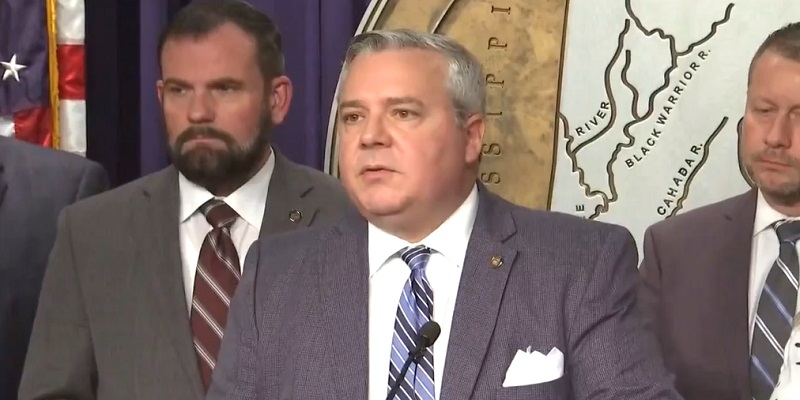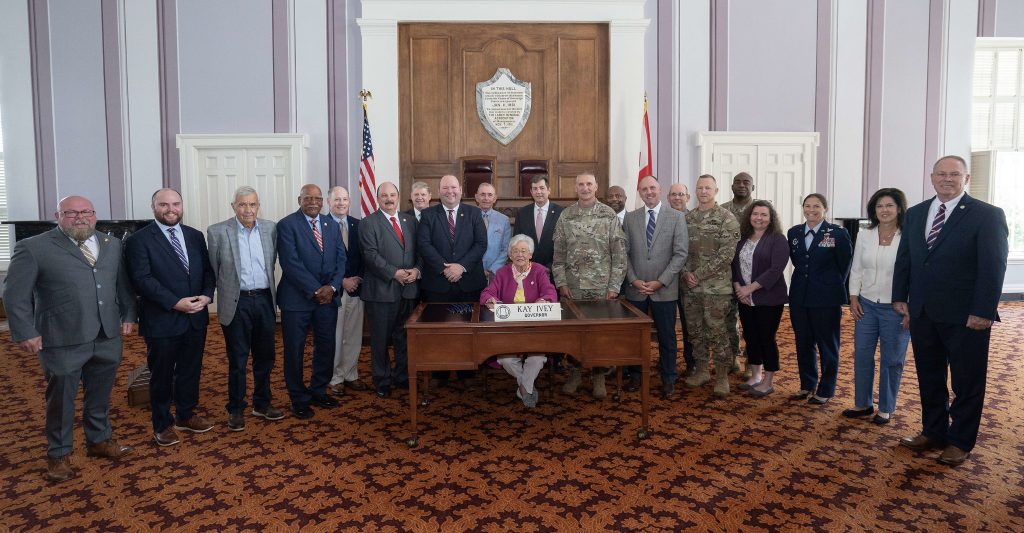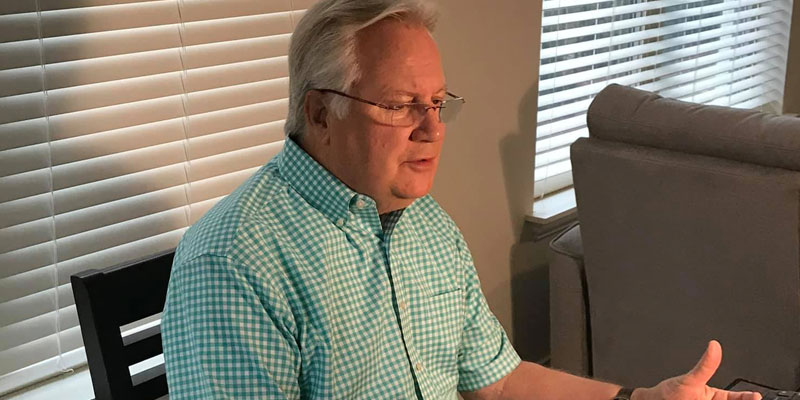State Rep. Chip Brown (R-Hollinger’s Island) announced Monday that he will sponsor a bill creating a “Sexual Assault Survivors Bill of Rights” during the upcoming legislative session.
The legislation would establish certain standards for how the government handles evidence collection and storage in sexual assault cases, and it would require the government to inform each victim of how their evidence will be treated, what they can request of law enforcement, and what other resources are available to them as survivors.
Brown also wants to create a Sexual Assault Task Force to develop best practices for how to deal with sexual assault in Alabama.
The Mobile County legislator wants to relieve survivors of the “interminable delays, unanswered questions, and feelings of being lost in the legal system,” that they so often experience, according to a statement.
Under Brown’s law, were it to be enacted, individuals who report a non-consensual sexual act will be informed in writing that they are afforded the following measures under state law:
• To not be prevented or charged for receiving a medical forensic examination
• To have the sexual assault evidence collection kit preserved without charge for at least 20 years or, if the assault occurred while a minor, until age 40
• To be informed by law enforcement of test results, such as DNA profile matches, from the examination kit if such information does not comprise or impede an investigation
• To receive notification from a law enforcement agency at least 60 days before a sexual assault evidence kit is disposed or destroyed
• To be granted preservation of an evidence kit for an additional 20 years if the survivor requests.
Furthermore, Brown would have the attorney general’s office create a notification, to be distributed by law enforcement agencies, that would provide survivors with information about:
• The availability and information of a sexual assault advocate
• The availability of protection orders and the process of securing them
• The policies regarding the preservation, storage, and disposal of a sexual assault evidence kit
• The process to request test results from an evidence kit or request its preservation
• The availability of state or federal compensation funds to cover medical costs, costs related to the case, or victim compensation and restitution payments.
The task force envisioned by Brown as part of the law would be made up of law enforcement representatives, elected officials, victims’ advocates, medical professionals and others.
Once assembled, Brown wants the group to develop and implement best practices for dealing with how sexual assault survivors are cared for and how the evidence in their cases is stored.
If enacted, the law proposed by Brown would have the newly-created task force consult with groups and individuals knowledgeable about sexual assault. It would then have to issue a report on its findings two years after the law goes into effect.
Brown stated, “Basic human morals demand that we guarantee specific rights and services to survivors of sexual assault in order to ensure they will be afforded the respect, attention, and timely information that they deserve.”
Henry Thornton is a staff writer for Yellowhammer News. You can contact him by email: [email protected] or on Twitter @HenryThornton95.













